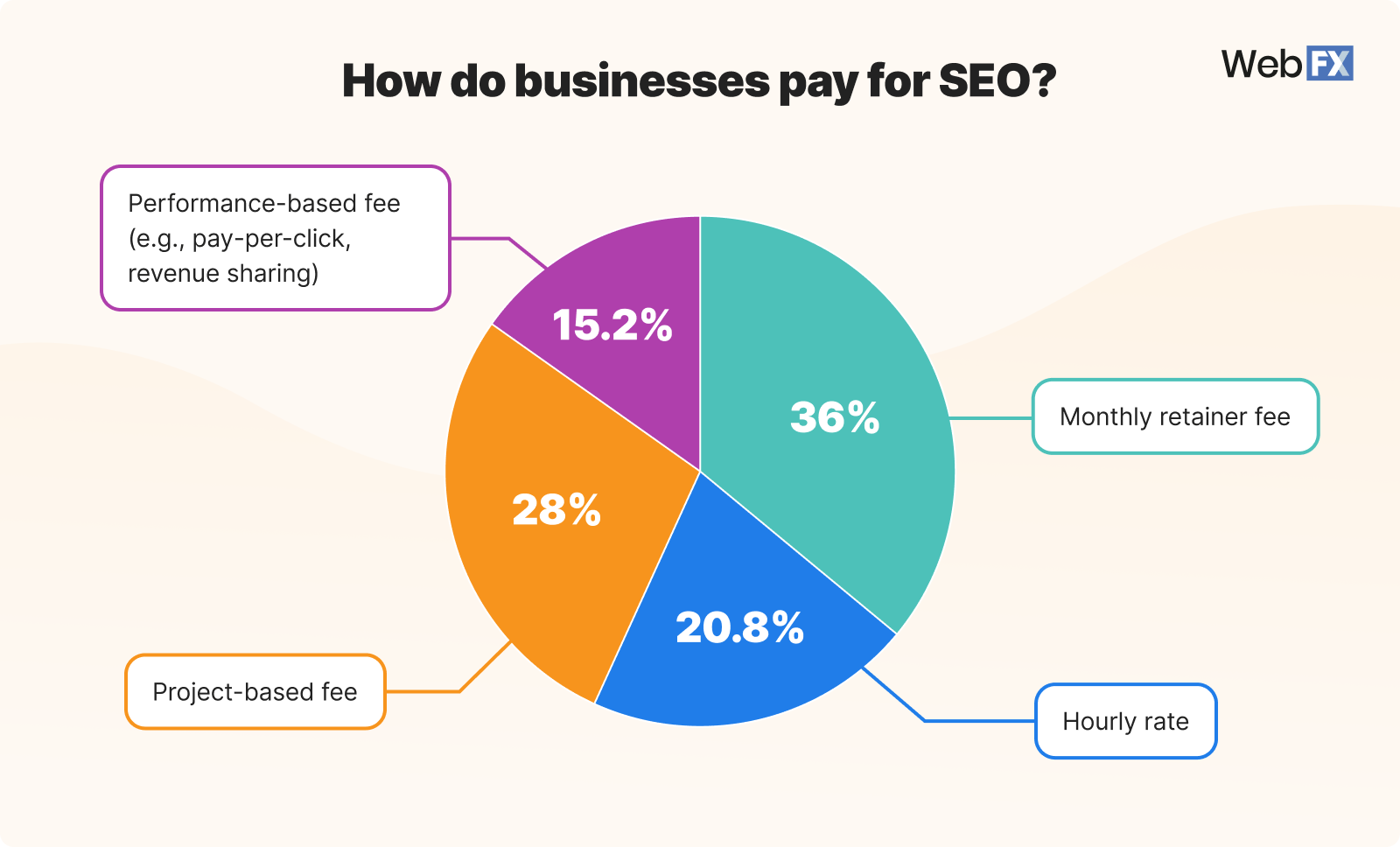The Ultimate Guide to SEO on a Budget
Proven strategies for small businesses to dominate search rankings without breaking the bank in 2025

Why Small Businesses Can Win at SEO Without Breaking the Bank
You don't need a $10,000 monthly SEO budget to outrank your competitors. The SEO landscape has fundamentally shifted. While enterprise companies dump massive budgets into complex campaigns, smart small businesses are achieving remarkable results with focused, budget-conscious strategies.
This comprehensive guide reveals exactly how to build and execute an affordable SEO strategy that delivers real results. Whether you're working with $500 or $5,000 monthly, the principles remain the same: focus on fundamentals, create valuable content, optimize user experience, and measure results consistently.
🎧 Expert Audio Summary
Listen to our podcast-style summary covering the key SEO budgeting strategies and actionable insights from this comprehensive guide.
Interactive SEO Budget Calculator
📈 Your Recommended SEO Budget
Understanding Your SEO Budget: The Foundation of Affordable Success
💡 How Much Should Small Businesses Spend on SEO?
The golden rule: 5-10% of total revenue should go to marketing, with 25-50% allocated to SEO efforts. For a business generating $100,000 annually, this means an SEO investment of $1,250-$5,000 per year ($104-$417 monthly).
💰 The Real Cost of SEO: Breaking Down Your Investment
Understanding where your SEO budget goes is crucial for maximizing ROI:
Free and Low-Cost SEO Tools That Actually Work
🛠️ SEO Tools: Free vs Premium Comparison
| Tool Category | Free Option | Premium Option | Monthly Cost | Best For |
|---|---|---|---|---|
| 🔍 Keyword Research | Google Keyword Planner | SEMrush/Ahrefs | $0 / $99+ | Beginners / Advanced |
| 📊 Analytics | Google Analytics | Adobe Analytics | $0 / Custom | All Businesses |
| 🕷️ Site Crawling | Screaming Frog (500 URLs) | Screaming Frog Unlimited | $0 / $259/year | Technical SEO |
| 🔗 Backlink Analysis | Google Search Console | Ahrefs | $0 / $99 | Link Building |
| 📍 Local SEO | Google My Business | BrightLocal | $0 / $29+ | Local Businesses |
| ⚡ Page Speed | PageSpeed Insights | GTmetrix Pro | $0 / $14.95 | Site Optimization |
💡 Smart Strategy: Start with free tools to build your foundation, then invest in 1-2 premium tools that align with your biggest SEO challenges. Most small businesses can achieve excellent results with a $150-300 monthly tool budget.
Creating Your SEO Budget Plan: A Step-by-Step Framework
Step 1: Conduct SEO Audit
Before spending money, understand your current position through comprehensive technical and content audits.
Step 2: Set SMART Goals
Establish specific, measurable, achievable, relevant, and time-bound SEO objectives aligned with business goals.
Step 3: Allocate Budget
Distribute your SEO investment across tools, content, technical improvements, and promotional activities.
📊 Sample Monthly SEO Budget Allocation ($1,000)
Measuring SEO ROI: Proving Your Budget Investment Works
📊 SEO Performance Dashboard
📈 Calculating SEO Return on Investment
📊 Factors Affecting SEO ROI
- Industry competition level
- Local vs. national targeting
- Website age and authority
- Quality of content and optimization
- Consistency of SEO efforts
Your SEO Budget Success Blueprint
Smart SEO budgeting isn't about spending the most money—it's about strategic allocation of resources for maximum impact. Whether you're working with $500 or $5,000 monthly, the principles remain the same: focus on fundamentals, create valuable content, optimize user experience, and measure results consistently.
1. Audit
Assess current situation using free tools
2. Goals
Set clear, measurable SEO objectives
3. Allocate
Budget across tools and activities
4. Implement
Execute consistently with monthly reviews
5. Scale
Grow strategically as results improve
🔑 Key Takeaways
Remember: SEO is a marathon, not a sprint. The businesses that succeed are those that maintain consistent, strategic efforts over time—regardless of budget size. 🚀
Ready to Optimize Your SEO Budget?
This comprehensive guide provides everything small businesses need to create, manage, and optimize their SEO budget for maximum ROI. Save this resource and refer back to it as your SEO strategy evolves and grows!
